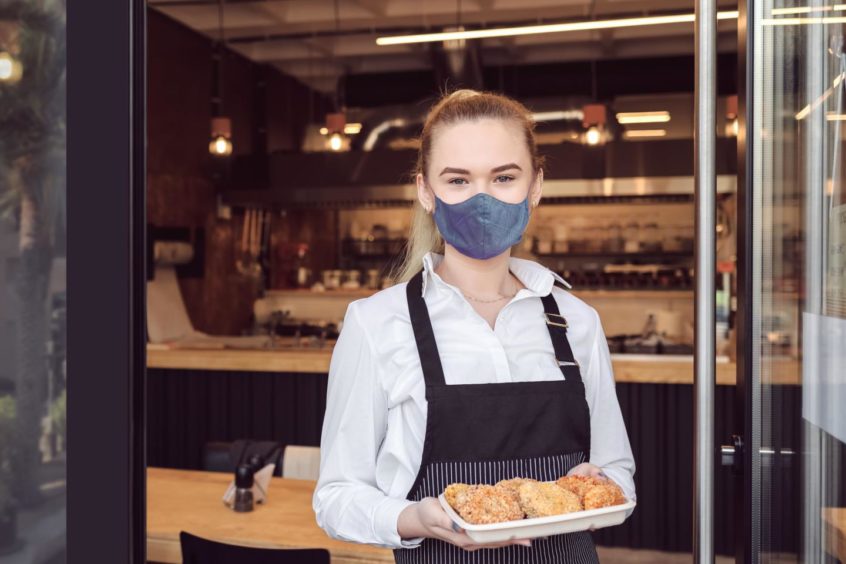Nearly half (46%) of Scottish consumers are willing to pay more to shop at their local high street, rather than online, new research findings suggest.
And almost one in three (30%) of those who took part in the Deloitte survey said their online shopping experience was simply not good enough.
Deloitte’s research of more than 3,000 consumers across the UK sought to find out the impact of Covid-19 lockdowns on customer experience;
In Scotland, more than one in five (23%) of those questioned said online services had not met their needs.
Nearly two-thirds (63%) of Scots said they were willing to pay more for local products and services.
Three in five (60%) said they were now more likely to spend money at independent or local businesses.
Nearly half (46%) were more likely to support business that had supported local charities, such as food banks.
And more than one-third (36%) said they were using more local stores and services to support their community during the pandemic.
In excess of three in five (61%) of those questioned throughout the UK said they were now more likely to spend money at independent or local businesses.
Scottish consumers were the most likely to say a brand’s first priority during the crisis should be the safety of its employees, with almost three quarters (74%) reporting this.
More than half (51%) of those questioned north of the border said they were now more likely to buy products directly from a website.
But 43% said they were less tolerant of a poor online service experience as these sales channels became more important.
Overall, 39% of those surveyed said they were now more likely to spend money with a business that made it easy for them to shop and interact online.
Hotspot high streets
Debbi McLean, practice lead, Deloitte Digital Scotland, said: “While I expect that the high street will be a real hotspot for business growth in the coming months, it is also clear that brands must not lose focus on continuing to improve their digital offerings.
“Alongside the joy of being able to shop in physical stores, consumers will continue to rely on digital options for the ease and choice that they offer.
“Brands that fail to meet the ever-rising expectations of customers as they shop cross-channel risk losing their loyalty.
“If a consumer has a bad experience with a brand online, they are much more likely to visit a competitor’s site.”
Robin Baird, head of strategy and design at Deloitte Digital in Scotland, added: “During lockdown, consumers used local stores and services out of necessity – but we’re now seeing that they’re drawn to local businesses out of choice.
“Whether it’s due to the personal service consumers receive in local stores, the quality of local products on offer, or the sense of giving back to the community, by using these locations it’s likely these businesses will continue to benefit from a long-term increase in consumer loyalty.
“Local brands can consider more ways to boost local loyalty, for instance by rolling-out subscription services, establishing an online presence or hosting community events.”
UK-wide, 16% of respondents said they had stopped using or supporting a company over the past year because of the way it had responded to Covid-19.
Half (49%) of this group said it was because the firm did not treat staff fairly during lockdown, while 39% cited a failure to ensure the safety of employees or customers.
Ms McLean said: For too long, brands have rolled-out advertising campaigns and initiatives aimed at shining a spotlight on the pride they place on their products and customers, rather than their workforce.
“It’s clear that consumers today want to spend their money with people rather than faceless brands – marketers must take every opportunity to demonstrate the expertise and efforts of the people who make their businesses great.”
Farmers ‘trusted more’ by UK consumers during pandemic
Retail sales soar as shoppers welcomed back to stores



